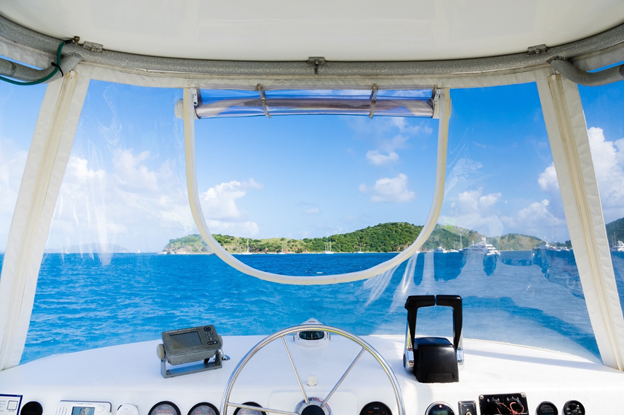
How do you stop a ship?
During my sailing days, I have worked on different kinds of ships
Oil tankers, container ships, commodity ships....
One interesting fact about ships is that they don’t have wheels or brakes like a car or a bike, so you just can’t stop a ship like that
Stopping a ship is a crucial maneuver, but before I talk more about stopping, let’s understand how a ship moves ahead
Ships have main engine which control the propeller
The propeller is located in the rear end of a ship – when it turns, it provides a thrust and propels the ship ahead of time
So essentially, you need to stop the propeller from turning in order to stop the ship
First, you need to cut-off the fuel supply to the main engine
But even after you cut-off the fuel, the propeller continues to turn due to the momentum in water
So the ship actually continues to move ahead
Eventually, it stops after covering some distance, called the stopping distance (from the time you cut-off the fuel supply to the time the ship actually stops)
Every ship has a unique stopping distance, ranging from 1-3 nautical miles!!
Which means a ship can travel upto 3 miles, before it actually comes to a stop
As a Captain, I had to know the stopping distance of my ship very well, else I ran the risk of overshooting - not being able to stop the ship in time and at the right point
Why am I telling you this?
Because as a leader, you may be good at starting new things, pushing things forward
But a great leader also knows when to STOP
When to exercise restraint...
Where to draw the line...
..When you don’t have enough buy-in
..When things are not going as per plan
..When you need more time
Stopping does not necessarily mean quitting or giving up
Stopping helps you take time out to reflect, introspect, refresh or revisit your strategy
The key is to recognize when to stop, which translates into a heightened level of self-awareness as a leader
And then actually stopping!!
You see - awareness followed by action
Starting something is great, but knowing when to stop is equally important
Now over to you:
Do you know your stopping distance as a leader?
Do you find it difficult to exercise restraint?
P.S.
I used to Captain ships, now I coach leaders drive change using the same principles, and it works.
Drop me a mail and I’ll send you my booking link, and you can tell me where you want your ship to go.
Leave a comment